 Lovers at the Museum by Isabel Allende
Lovers at the Museum by Isabel Allende Narrator: Nicholas Boulton
Format: audiobook, ebook
Source: purchased from Amazon
Formats available: ebook, audiobook
Genres: fantasy, magical realism, short stories
Pages: 25
Length: 38 minutes
Published by Amazon Original Stories on April 1, 2024
Purchasing Info: Author's Website, Publisher's Website, Amazon
Goodreads
From the New York Times bestselling author of The Wind Knows My Name comes a mesmerizing tale of two passionate souls who share one magical night that defies all rational explanation.
Love, be it wild or tender, often defies logic. In fact, at times, the only rationale behind the instant connection of two souls is plain magic.
Bibiña Aranda, runaway bride, wakes up in the Guggenheim Museum in Bilbao still wearing her wedding dress, draped in the loving arms of a naked man whose name she doesn’t know. She and the man with no clothes, Indar Zubieta, attempt to explain to the authorities how they got there. It’s a story of love at first sight and experience beyond compare, one that involves a dreamlike journey through the museum.
But the lovers’ transcendent night bears no resemblance to the crude one Detective Larramendi attempts to reconstruct. And no amount of fantastical descriptions can convince the irritated inspector of the truth.
Allende’s dreamy short story has the power to transport readers in any language, leaving them to ponder the wonders of love long after the story’s over.
My Review:
Lovers at the Museum caught my eye primarily for the audiobook. The narrator, Nicholas Boulton, is the voice of one of my favorite characters in the video game Mass Effect Andromeda. (A game that is much better than the reviews would lead one to believe, but that is not the topic of this review.)
Back on topic, at least a bit more on topic, I have to say that he didn’t sound much like that character in this narration, which I should have expected because they’re not remotely alike nor should they be and that’s just plain good acting.
Which leads me back, again, by a meandering path, to this lovely little short story about, well, love, and magic, and the magic of love.
Although it starts out with the evidence of a whole lot of lust – as that’s a much easier thing to get a handle on – particularly when one of the protagonists is still presenting a handle. So to speak.
Ahem.
 The Guggenheim Museum Bilbao of modern and contemporary art in Spain’s Basque region (pictured at left) is already a magical place, both for its bulky, blocky and some would even say Brutalist, design, and in this story, at least, for the strange and weird things that happen within its walls.
The Guggenheim Museum Bilbao of modern and contemporary art in Spain’s Basque region (pictured at left) is already a magical place, both for its bulky, blocky and some would even say Brutalist, design, and in this story, at least, for the strange and weird things that happen within its walls.
This incident would add to that legend.
The morning staff of the museum discovered two disheveled, entwined, partially nude lovers in one of the galleries sleeping off a night of lustful debauchery that shouldn’t have happened at all. Not for particularly nefarious reasons but simply because they entered while the museum was closed – and should have triggered alarms in every single room they came into – which seems to have been all of them.
They say the door opened for them. They claim that they weren’t really in the museum, but in a magical pleasure palace.
The local police inspector, with a reputation for finding hidden clues, eliciting damning confessions, and a dogged determination to punish the guilty, is frustrated that he can’t break their ridiculous stories and isn’t sure what crime, if any, they actually committed.
It seems as if the magic of the Guggenheim claimed the lovers that incredible night, and it’s taking away the inspector’s will to punish them in the cold light of day.
Escape Rating B: This is short and very, very sweet – even though the inspector is downright salty for a lot of the story.
There’s a lot of salt to be had – at least from his perspective. He’s sure that someone HAS to be guilty of something prosecutable, and that someone is lying to him.
(I was betting on the museum officials lying to cover up less than attentive guards and not so secure security. It seemed like the obvious solution. Which it is logically but then again, this is about magic.)
The inspector wants to punish the lovers for their vice and their disrespect of the museum. But mostly because he envies them the magic of their love – something that is clearly lacking in his own life in spite of his decades long marriage – or perhaps because of it. That’s a bit hard to tell, but it’s sad no matter how one looks at it. Unless one is the inspector, in which case it’s downright tragic.
In the end, it all boils down to magic, the kind of magical realism that takes a story out of the everyday and sprinkles a bit of fairy dust over the proceedings. So short, sweet and utterly charming – including the inspector’s bluster.
Even better, if Isabel Allende is an author you’ve heard about but haven’t ever actually read – as was true for this reader – or if you’re not sure whether or not magical realism could be a flavor in your jam – this delightful short is the perfect way to stick your reading toe into magical realism with an author who is considered a master of the genre.

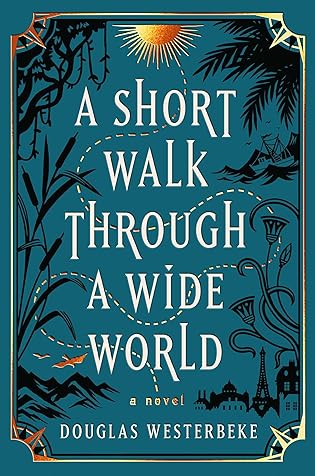 A Short Walk Through a Wide World by
A Short Walk Through a Wide World by 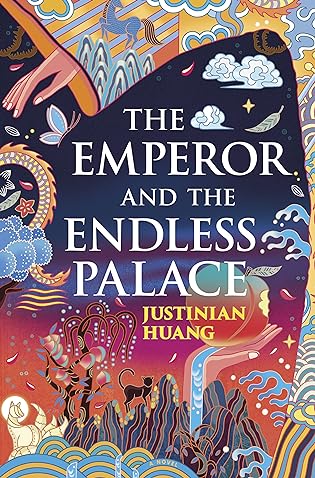 The Emperor and the Endless Palace by
The Emperor and the Endless Palace by 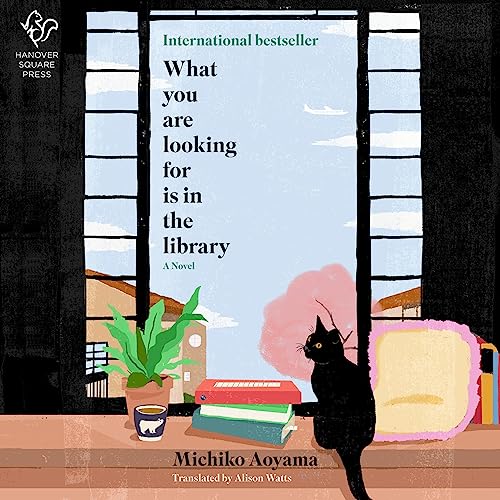 What You Are Looking For Is in the Library by
What You Are Looking For Is in the Library by 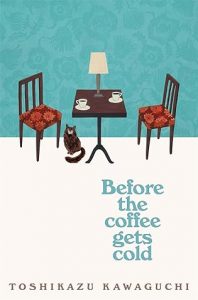 As much as I enjoyed the narration, which I very much did, it’s the stories themselves that give the collection its charm, as was true in similar books such as
As much as I enjoyed the narration, which I very much did, it’s the stories themselves that give the collection its charm, as was true in similar books such as 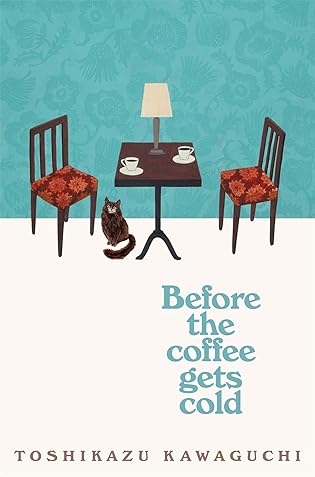 Before the Coffee Gets Cold (Before the Coffee Gets Cold, #1) by
Before the Coffee Gets Cold (Before the Coffee Gets Cold, #1) by 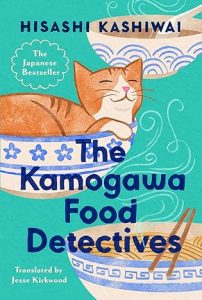 Escape Rating A-: I picked this up – in fact I bought the whole series so far – because I’ve enjoyed several books recently that used this one as a pattern;
Escape Rating A-: I picked this up – in fact I bought the whole series so far – because I’ve enjoyed several books recently that used this one as a pattern; 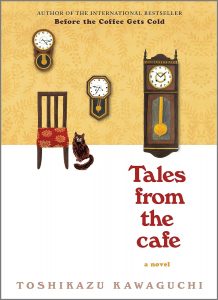 What makes the collection as a whole work is that the remaining stories move the time travel further back and forwards in time, but step by step – or story by story – closer to the cafe’s proprietors and from that sweet possibility of a happy ending to something much closer to the bitterness of the coffee they serve. With just a hint of sugar to help the poignancy to go down.
What makes the collection as a whole work is that the remaining stories move the time travel further back and forwards in time, but step by step – or story by story – closer to the cafe’s proprietors and from that sweet possibility of a happy ending to something much closer to the bitterness of the coffee they serve. With just a hint of sugar to help the poignancy to go down.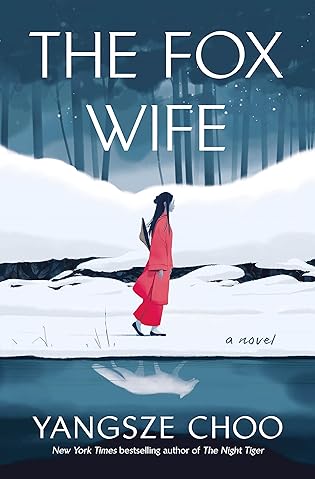 The Fox Wife by
The Fox Wife by 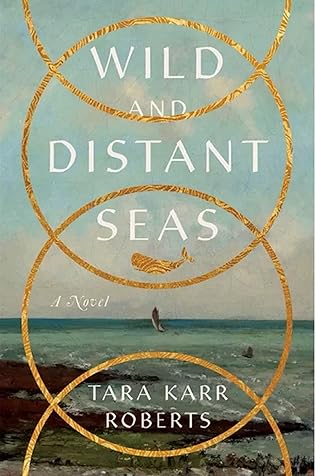 Wild and Distant Seas by
Wild and Distant Seas by 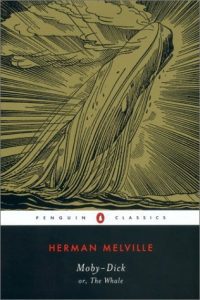 Escape Rating B: Wild and Distant Seas is a story that is constantly in dialog with its predecessor,
Escape Rating B: Wild and Distant Seas is a story that is constantly in dialog with its predecessor, 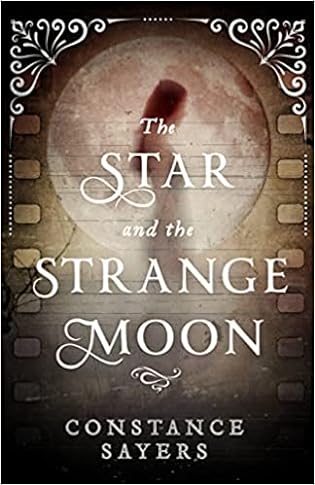 The Star and the Strange Moon by
The Star and the Strange Moon by 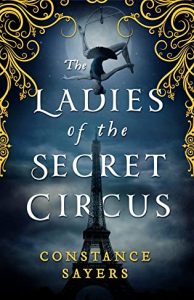 Escape Rating A-: I picked this up because I adored the author’s earlier book,
Escape Rating A-: I picked this up because I adored the author’s earlier book, 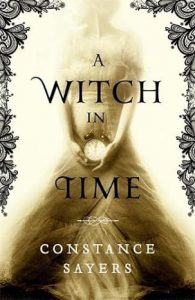 Christopher’s story is a story about hunting down clues, investigating theories, and giving over his own life in the present to solve a mystery in the past. Gemma’s story is about learning to make lemons out of lemonade and accepting that even if she can’t go home again, she can make a home where she is.
Christopher’s story is a story about hunting down clues, investigating theories, and giving over his own life in the present to solve a mystery in the past. Gemma’s story is about learning to make lemons out of lemonade and accepting that even if she can’t go home again, she can make a home where she is.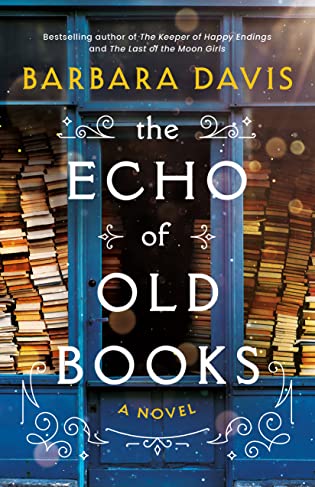 The Echo of Old Books by
The Echo of Old Books by 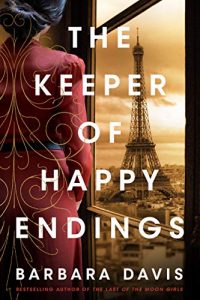 And their own searing, scarring pasts. The more we learn about both couples, the more we hope for HEAs all around – no matter how impossible that might seem. We become invested in both stories every bit as much as Ashlyn does Belle’s.
And their own searing, scarring pasts. The more we learn about both couples, the more we hope for HEAs all around – no matter how impossible that might seem. We become invested in both stories every bit as much as Ashlyn does Belle’s.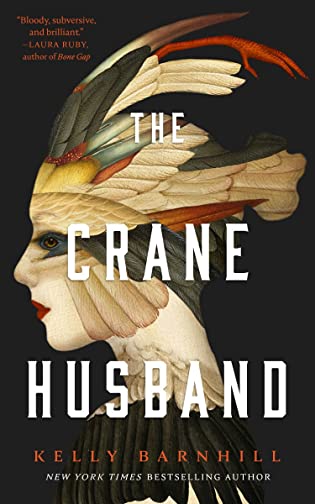 The Crane Husband by
The Crane Husband by